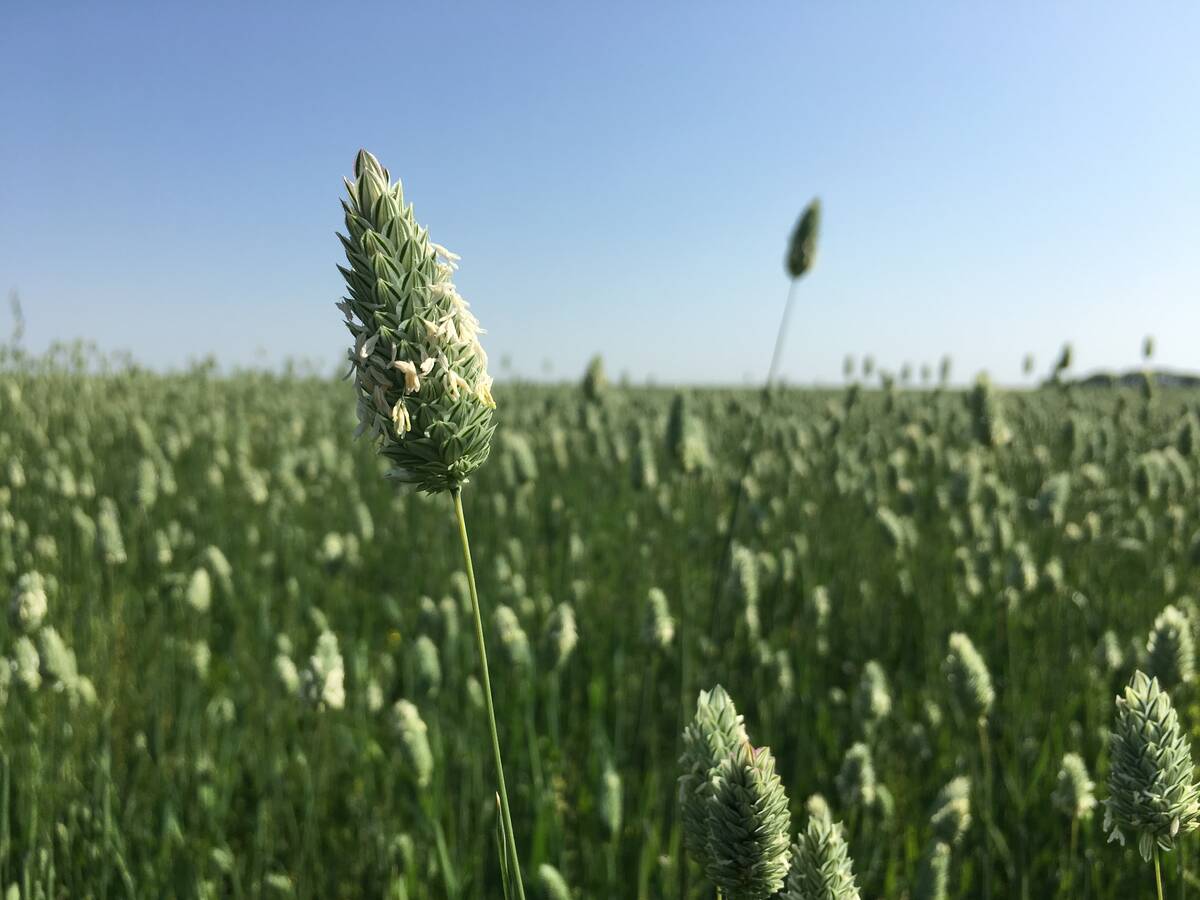Livestock producers in Manitoba and Saskatchewan coping with excess moisture have been offered federal tax deferrals if they were forced to sell breeding animals.
Producers in designated areas are allowed to defer income tax on the sale of breeding livestock for one year if they had to reduce their herds by 15 percent.
If the herd was reduced by more than 30 percent, 90 percent of the income from net sales can be deferred, said a government news release on Aug. 2.
Proceeds from deferred sales are included as income in the next tax year, when they may be at least partially offset by the cost of buying replacements.
Read Also

No special crop fireworks expected
farmers should not expect fireworks in the special crops market due to ample supplies.
In the case of consecutive years of designation, producers may defer sales income to the first year in which the area is no longer designated.
The tax relief is welcome in Manitoba, where producers may have to cull herds this fall when they determine how much winter feed they have available.
“I do expect there to be herd draw down in the Lakes region. In those cases the tax deferral will be extremely helpful,” said Cam Dahl, manager of Manitoba Beef Producers.
While it is not known how many cattle may have been sold off because auction market volumes have been light this summer, that could change later.
For a list of designated areas for the program visit AAFC www.agr.gc.ca/drought.















